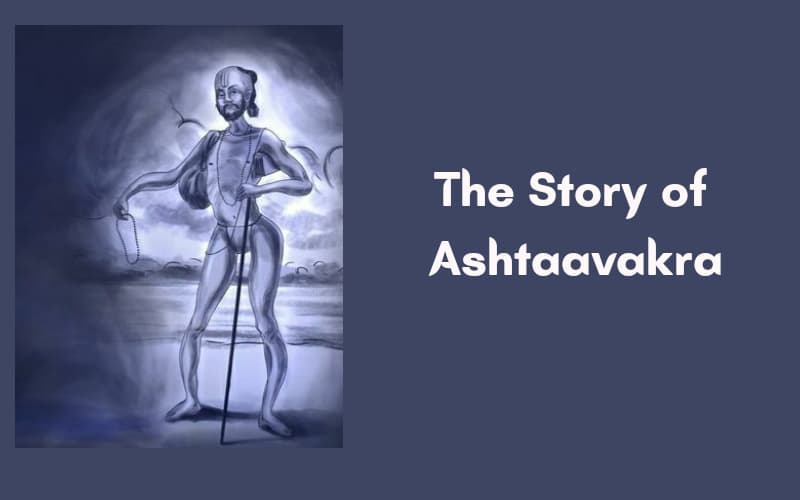
The Boy with Eight Bends in his Body
Ashtaavakra was a great sage and a celebrated character in the Indian epics and puranas. His work, ‘Ashtaavakra Gita’ contains the conversations between Ashtaavakra and King Janaka. It is considered to contain the essence of Advaita Vedanta. The work was appreciated and quoted by great saints and scholars.
Kahola (Kahoda in some texts) a disciple of Sage Udhalaka Aruni, married Udhalaka’s daughter Sujatha and set up his own ashram, after completing his studies. He had many disciples and life went on smoothly. When Sujatha became pregnant, their joy was complete.
One day, Kahola was practising some of the verses he would teach the following day. Sujatha was also sitting there. Suddenly, the foetus from inside Sujatha’s womb spoke, “Father! Please stop practising. You have made eight errors. Please go back to your Guru and learn your lessons again.” Kahola was shocked and infuriated. Without thinking, he cursed the baby inside his wife’s womb to be born with eight bends (eight deformities). He regretted the curse immediately, but it was too late.
As time went by, the rains failed. Due to the dearth of food and water, the disciples left Kahola’s ashram. Sujatha suggested that he should go to King Janaka’s court in Mithila, participate in the intellectual debate conducted there and bring back rich rewards. Kahola left for Mithila.
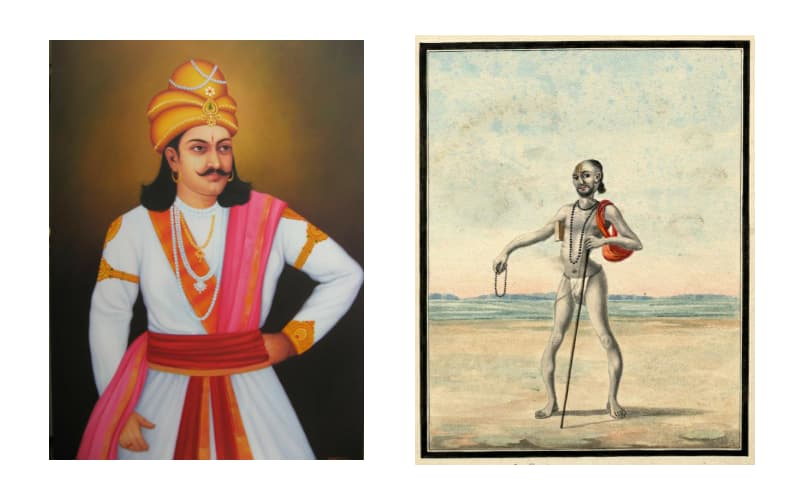
In Janaka’s court, there was a scholar named Vandin, who had made it a habit to defeat those who came to debate with him and later, immerse them in the sea. Kahola, who went with the hope of winning rich gifts, unfortunately was defeated by Vandin and met with the same fate.
In due course, a son was born to Sujatha with eight bends in his body and people began to call him ‘Ashta vakra’-- the one with eight bends. But Uddhalaka named his grandson, Ashtaavakra (Ashta +Avakra) i.e., not crooked, but straightforward in his thought process. True to his grandfather’s prediction, Ashtaavakra was growing into an incredibly bright boy.
In the meantime, the news of what happened to Kahola in Janaka’s court reached Udhalaka’s ears. He did not want his grandson’s education to be affected by the shadow of a father who failed. So, he instructed Sujatha to hide this information from her son. In the meantime, Udhalaka’s wife gave birth to Svethaketu. Both children grew up together.
Ashtaavakra was under the impression that Udhalaka was his father and Svetaketu, his brother. One day, as Ashtaavakra sat on Udhalaka’s lap, Svetaketu became jealous and asked him to get down from his father’s lap and go and sit on his own father’s lap. It was then that Ashtaavakra knew about his real father and what had happened to him.
He was almost ten years old by then. He decided to go to Mithila immediately and defeat the scholar who had defeated his father. Svetaketu, who was apologetic for his behaviour also went with him.
When these two boys tried to enter the court, the gatekeepers stopped them saying only grown up scholars could go in. Ashtaavakra replied that a grown-up person need not be old; he should be wise. The impressed gatekeepers let them in.
Janaka’s court was filled with scholars. They burst out laughing when they saw Ashtaavakra. He also laughted back -- only, louder. When King Janaka wanted to know why he was laughing, he replied, “What kind of intellectual discussion can happen here, when your scholars can judge only the outward appearance of a person? I am really amused.”
The king apologised for their behavior and wanted to know the purpose of their visit.
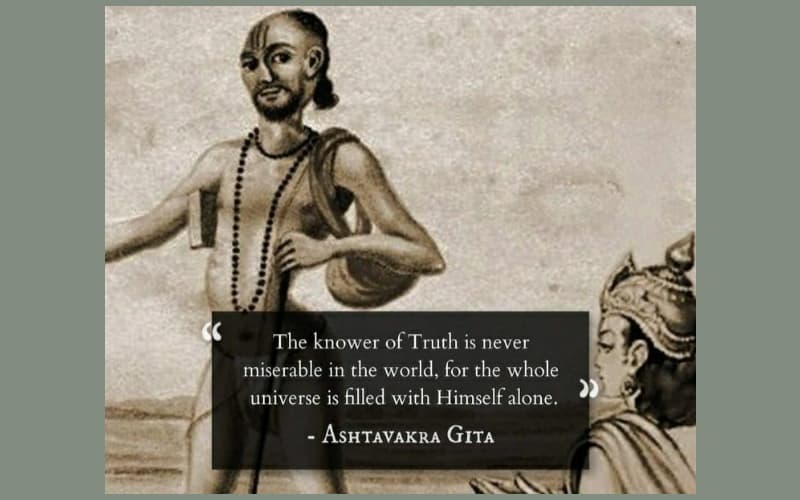
Ashtaavakra introduced himself as the son of Kahola and requested to be permitted to conduct a debate with Vandin. The king agreed. The debate started.
For some time, both the participants seemed equally poised. After debating on many serious topics, Vandin and Ashtaavakra alternately composed verses on the numbers one to twelve. Vandin could only compose the first half of a verse on the number thirteen. Ashtaavakra completed the verse and thus defeated Vandin.
King Janaka was so impressed with Ashtaavakra that he became his disciple.
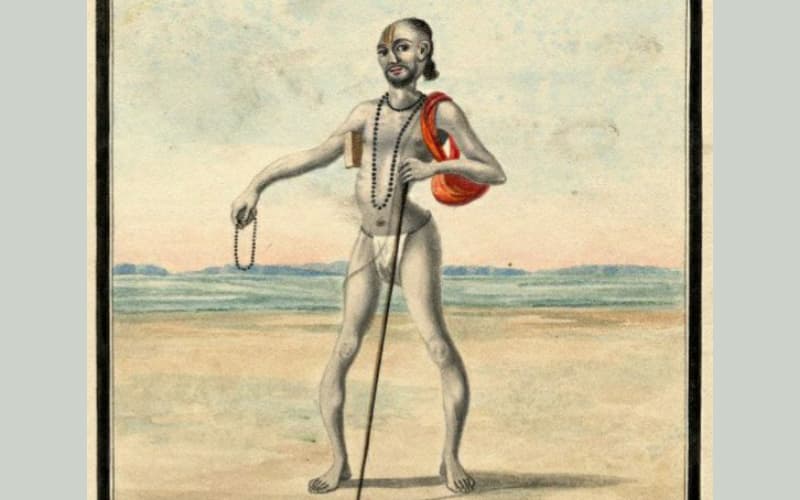
Vandin revealed that he was the son of Varuṇa and had submerged Kahola along with several other brahmiṇs in water to help his father carry out the twelve-year long, ‘Varuna Yajna’. He brought Kahola back and handed him over to Ashtaavakra with due respect.
Ashtaavakra, Svetaketu and Kahola left the court and walked towards their guru’s aashram. Kahola was grateful to his son for emancipating him and withdrew his curse. On their way back home, Kahola asked Aṣhtaavakra to bathe in the river Samangaa. Ashṭaavakra did so. When he got up, his deformities were cured and he turned into a handsome boy. Sujata was very happy to see her husband and her no-longer handicapped son. Ashtaavakra stayed a lifelong Brahmachari (one who practices celibacy) and became a great rishi.
References:
NEXT ARTICLE
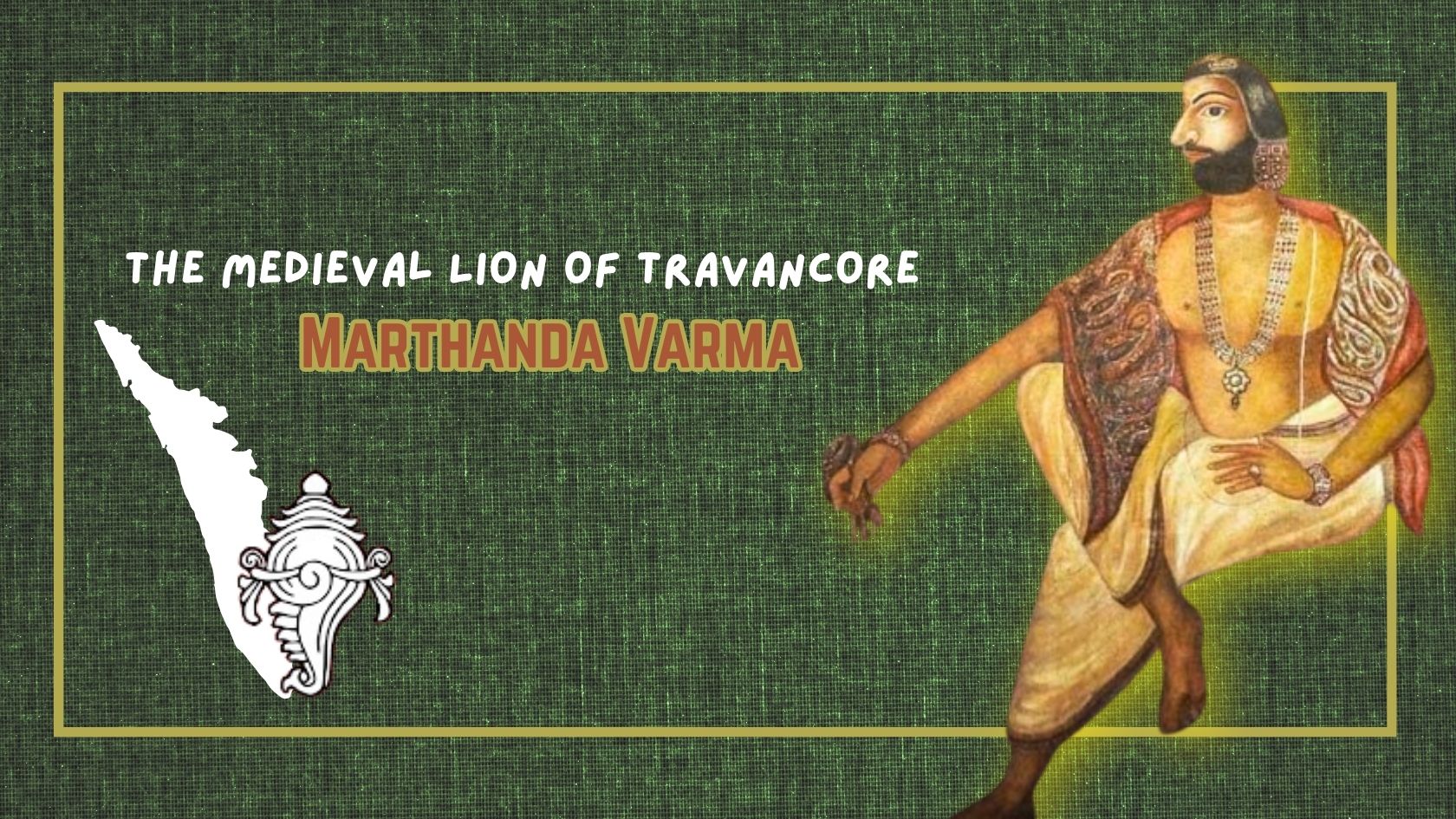
Shri Ramachandra Prasad's captivating narrative and the hot chai that was served at the right time transported me to ancient Kerala, where the extraor...
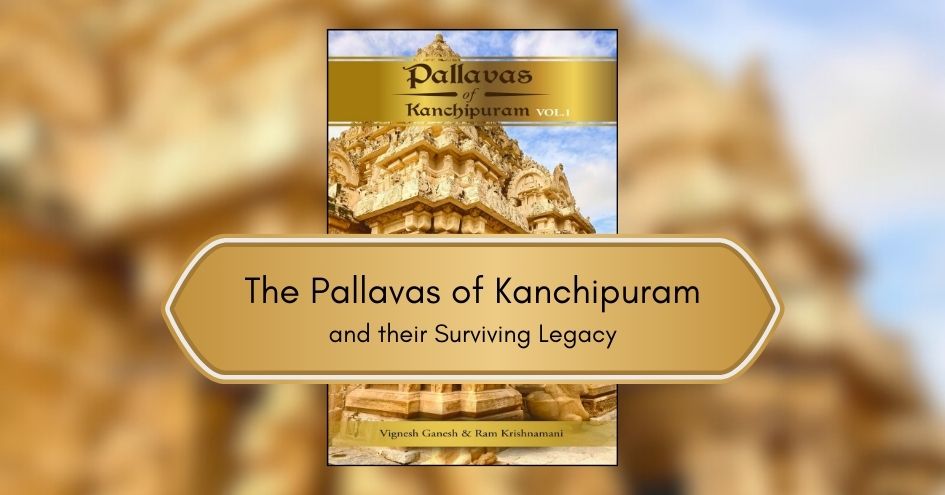
Introduction In Bharatvarsha, History is not the account narrated by victors. It is the record left behind by survivors. The study of Indian History...
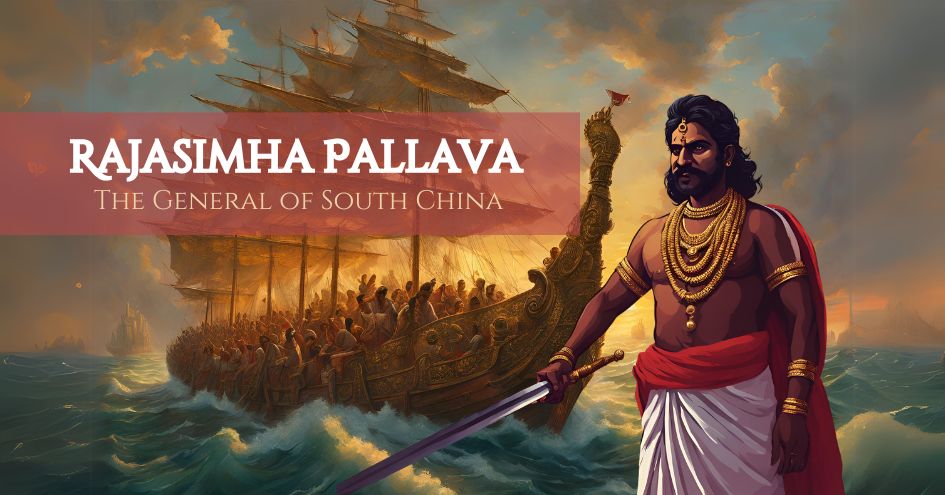
It is the first-half of the 8th Century C.E. in South India. The Pallava kingdom possesses strength and prosperity with some of the greatest monument...